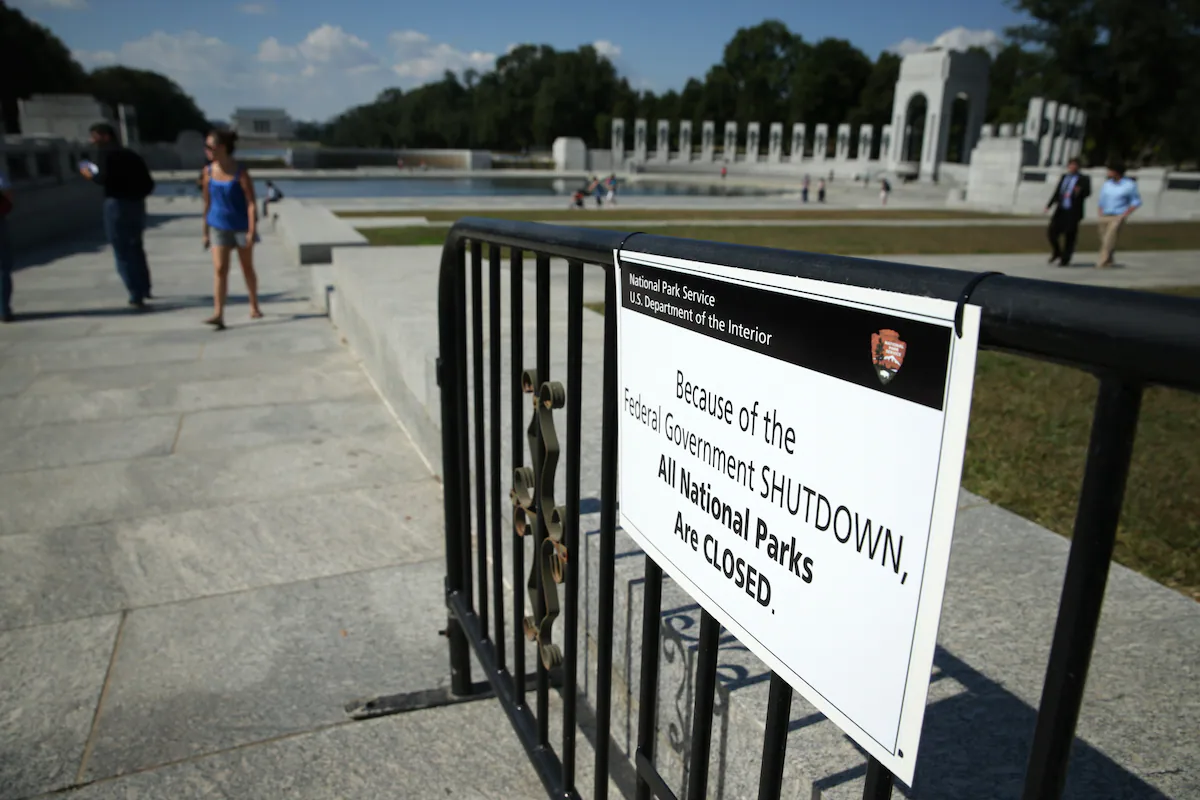
Biden-era rules were phasing out hydrofluorocarbons — a family of chemicals used in cooling — that the EPA says lead to increased costs for consumers. Also in the news: ambient trichloroethylene’s link to Parkinson’s; wildfire smoke’s effect on sperm quality; and more.
The Hill: EPA Planning To Ease Rules For Phasedown Of Planet-Warming Hydrofluorocarbons
The Trump administration is planning to ease rules governing the phaseout of planet-warming hydrofluorocarbons (HFCs) in cooling equipment, it said Thursday. HFCs are a family of chemicals that are used in cooling, including in refrigerators and air conditioners. The Environmental Protection Agency (EPA) said in a press release a Biden-era rule governing the phaseout of these chemicals led to “an increase in consumer costs and shortages.” (Frazin, 10/1)
MedPage Today: Parkinson’s Risk Rises With Outdoor Air Chemical Exposure
Exposure to ambient trichloroethylene (TCE) — a common chemical used in degreasing and dry cleaning — correlated with a higher risk of Parkinson’s disease, an analysis of over a million Medicare beneficiaries showed. Exposure to outdoor TCE was associated with a new diagnosis of Parkinson’s disease approximately 14 years later in a dose-dependent manner, reported Brittany Krzyzanowski, PhD, of the Barrow Neurological Institute in Phoenix, and co-authors. (George, 10/2)
KFF Health News: Nuclear Missile Workers Are Contracting Cancer. They Blame The Bases
At a memorial service in 2022, veteran Air Force Capt. Monte Watts bumped into a fellow former Minuteman III nuclear missile operator, who told him that she had non-Hodgkin lymphoma. Watts knew other missileers with similar cancers. But the connection really hit home later that same January day, when the results of a blood test revealed that Watts himself had chronic lymphocytic leukemia, a type of non-Hodgkin lymphoma. (Kime, 10/3)
The Hill: Wildfire Smoke Found To Reduce Sperm Quality In New Study
A new study indicates the potential health impacts of wildfires don’t end when wildfire season does. Researchers at the University of Washington found that wildfire smoke exposure could reduce key aspects of sperm quality in men. (Plante, 10/2)
ABC News: Landmark Study Recommends ‘Planetary Health Diet’ For Saving Lives And The Planet
Changing how the world eats could reduce premature deaths, save trillions of dollars and slow the impacts of climate change, according to a new landmark report released Thursday by the 2025 EAT-Lancet Commission, a coalition of experts in nutrition, climate, economics, health and agriculture from more than 35 countries. … The researchers said that if people worldwide adopted their “Planetary Health Diet” (PHD), up to 15 million premature deaths could be avoided annually. (Glasser, 10/2)
On biosecurity —
The Washington Post: How AI Is Making It Easier To Design New Toxins Without Being Detected
In October 2023, two scientists at Microsoft discovered a startling vulnerability in a safety net intended to prevent bad actors from using artificial intelligence tools to concoct hazardous proteins for warfare or terrorism. Those gaping security holes and how they were discovered were kept confidential until Thursday, when a report in the journal Science detailed how researchers generated thousands of AI-engineered versions of 72 toxins that escaped detection. The research team, a group of leading industry scientists and biosecurity experts, designed a patch to fix this problem found in four different screening methods. But they warn that experts will have to keep searching for future breaches in this safety net. (Johnson, 10/2)
This is part of the Morning Briefing, a summary of health policy coverage from major news organizations. Sign up for an email subscription.



